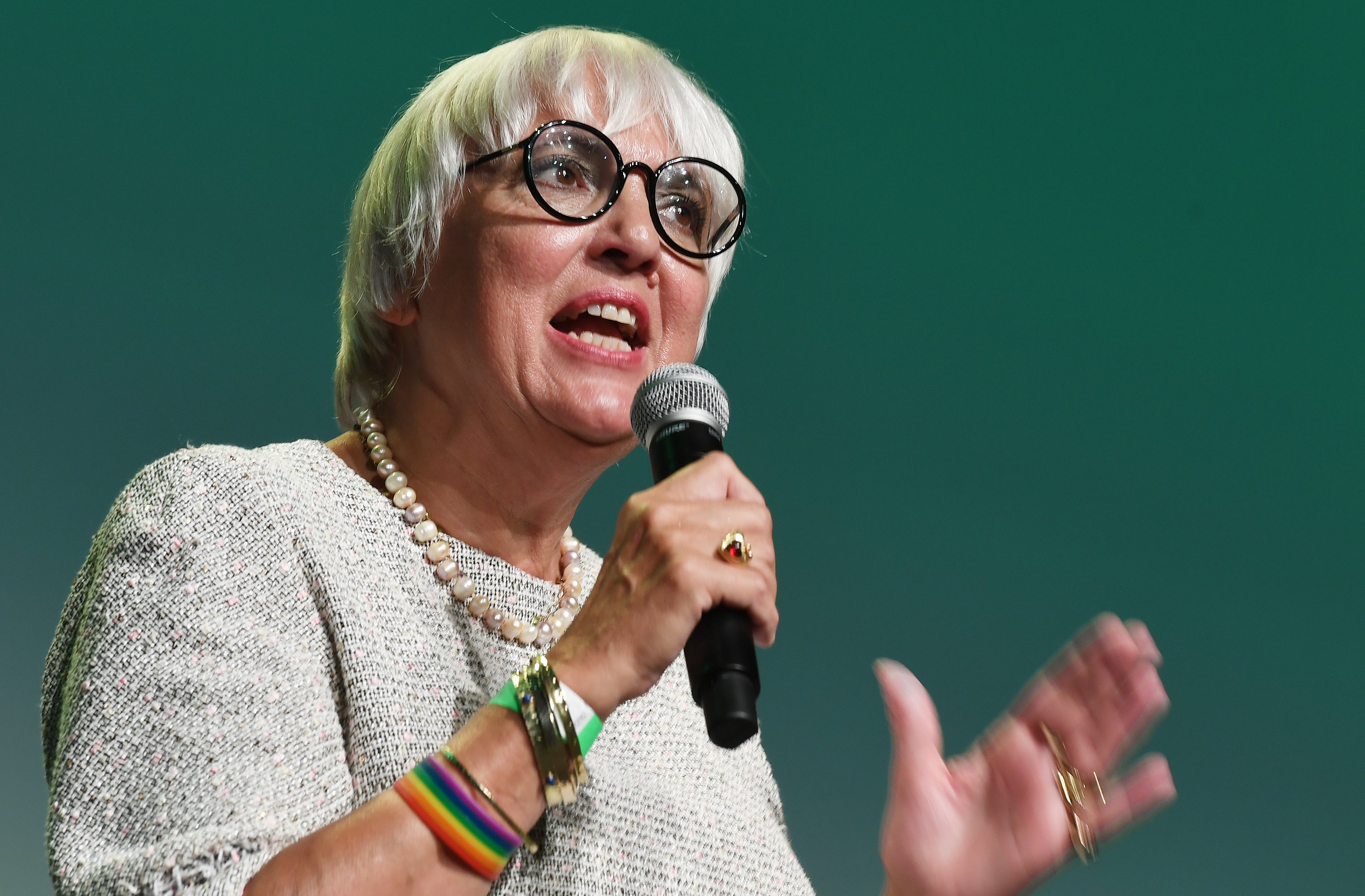
Germany has named Green Party politician Claudia Roth as its next culture minister. She will succeed Monika Grütters in the role as the government switches to a new coalition between the Social Democrats, Greens, and Liberal Democrats, which together won a majority in the country’s election in September.
The incoming German culture minister has been a prominent face in the Green party for more than a decade. Trained in theatre, the ex-band manager and humanitarian will have her work cut out as the new coalition tries make culture an official national priority, for which they will need support from their opposition.
Roth, currently vice president of the Bundestag, served as the chairwoman of the Committee on Human Rights for two years, before serving as the chairwoman of the Green party from 2001–2 and then for a further nine years from October 2004. She represents the Bavarian constituency of Augsburg-Stadt, located outside Munich, in the Bundestag. She began her professional life in theatre and at one point managed the German rock band Ton, Steine, Scherben.
The coalition aims to build a “strong cultural scene and creative economy” including introducing state protections for freelance artists, as well as “non-discriminatory cultural and media policy,” according to Frankfurter Rundschau.
Ahead of Roth’s appointment, the Art Newspaper reported that the new coalition has pledged to change Germany’s approach to restituting Nazi-looted art, making it easier for claimants, and creating a central court to deal with cases. Currently it requires both parties, the owner and the claimant, to start an investigation but the proposed changes would mean a claimant could proceed without the consent of the owner and an end to the statute of limitations in these cases at a state level.
“In principle, it’s positive,” German lawyer Ulf Bischof told TAN. “It’s one important barrier, although it’s not the only one.”
The appointment of a seasoned politician as culture minister demonstrates the growing importance of the position that was once considered a marginal political role. She replaces Monika Grütters of the Christian Democratic Union party, under which the role expanded considerably, partly due to a huge annual budget increase from €155 million to €2.1 billion. Her office also oversaw Germany’s generous Covid-19 cultural aid package, according to Monopol.
Roth’s definitive left-wing stance will no doubt cause divided opinions about her appointment, she already attracts criticism from the right as a vocal campaigner for women’s and LGBTQ+ rights. Speculators believe that her success rests of being able to maintain a good relationship with new Chancellor Olaf Scholz of the Social Democrats.